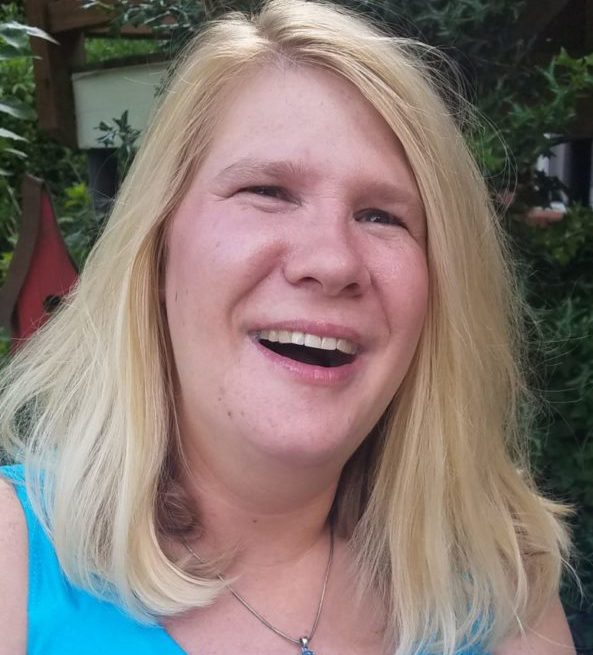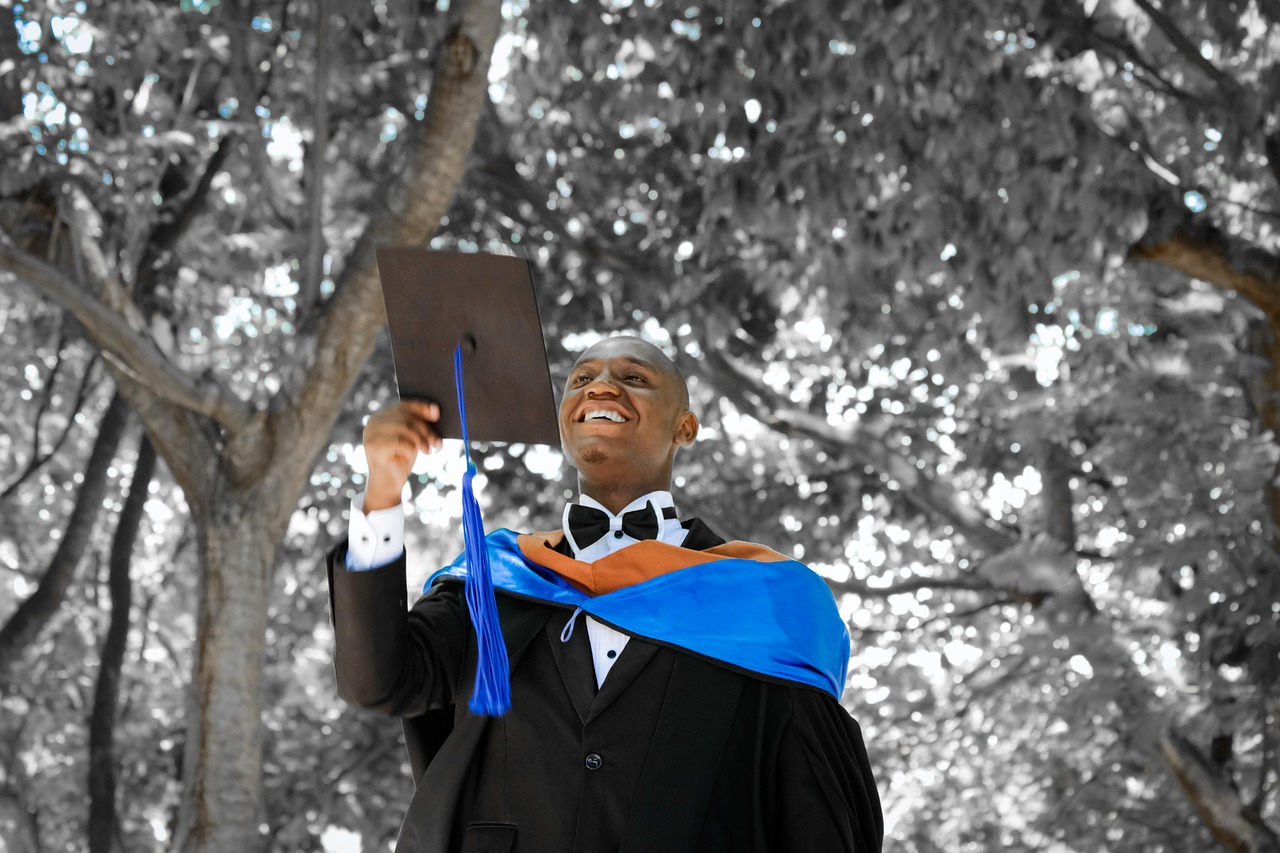A simple, yet comprehensive self-advocacy guide for children with disabilities and their parents.
One of the most valuable skills you will ever learn is how to advocate for yourself. Students with disabilities should learn about self-advocacy as early as possible. That is why I built this guide—to help young children begin building their advocacy skills early on to help them succeed later in life.
This resource is inspired by my recent presentation in front of a group of young elementary school students. Whenever my former teacher and friend, Tonya L., invites me to speak to her students, I happily accept the invitation. Mrs. Levy was my middle school orthopedically impaired teacher. She always pushed me to be as independent as possible. We have kept in touch over the years, and both understand the importance of teaching self-advocacy to children at a young age. Mrs. Levy asked me to come and speak to her students about setting goals, trying new things on their own, and asking for help.
Setting Goals
It is vital for students to learn how to set goals for themselves. What is a goal? A goal is something that you want to achieve in your future. Setting goals will help you become a more independent person. Setting goals helps you identify things you want to accomplish on your own. It is important to select goals that are realistic, based on your own skills and abilities. Remember, a goal could be realistic for one person but not for someone else.
I have cerebral palsy that affects my movement. Could I be a brain surgeon or a race car driver? Probably not. At least not in the near future, as reminded by a clever fourth grader, a total out-of-the-box thinker. One of the girls in a class I taught made me rethink the game completely. She said if they make hand-controlled cars, they could eventually make a hand-controlled race car. I realized at that moment that I had been outsmarted by a fourth grader.
Here’s an easy game to help you set a goal: Gather a group of friends or family members and take turns saying different goals out loud and deciding together whether that goal is realistic for you or not.
Trying New Things on Your Own
One way to become more independent and build new skills is to try things on your own. If you see your siblings or friends doing things for themselves that you would like to try, make a plan and go for it. Examples could be tying your shoes or putting on your coat. These may look like easy-to-do things, but when you have a disability, you may face bigger challenges.
I’m in my 30s, but I learned how to dress myself only a few years ago. Was it easy? Not really. Even though it was challenging, I persevered until I could do it on my own.
The next step is to consider who you have in your life to help you become more independent. Is it a parent, a friend, maybe your brother or sister? It’s important to build your support system. This will help you get the support you need while building independence.
Always try to find new and creative ways to do things independently.
Learning to Ask for Help
Everyone will need assistance at some point in life, but sometimes it can be difficult to ask for it. When you ask for help, you are advocating for the things you want and need. It can be scary or hard to admit you need help, but the more you speak up for yourself, the easier it will become.
It’s important to find a balance between being as independent as possible and asking for help when you know you need it. In most situations, it’s best to try to do as much as you can on your own before asking others for assistance. Asking for help does not make you a weak person. It makes you a stronger advocate because it shows you have a good understanding of your strengths and limitations.
The earlier students with disabilities learn self-advocacy skills, the more likely they are to take an active role in planning their futures.
I created this downloadable resource for you. Put it in your room, on your fridge, or someplace where it will have a strong presence. Keep it at arm’s reach to help you work toward your goals and become the best self-advocate you can be.

I’m Kylie Moore, from Roswell, Georgia, living with Cerebral Palsy. I’ve dedicated my career to advocating for the disability community, creating self-advocacy programs, and serving on boards. I founded the Ambassador Program at AADD, received the Tom Miller National Advocacy Award in 2020, and now advise Arts InCommunity. When not teaching, I can be found watching the Georgia Bulldogs or my beloved New England Patriots play football or participating in wheelchair sports.




